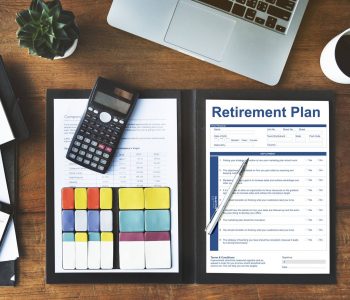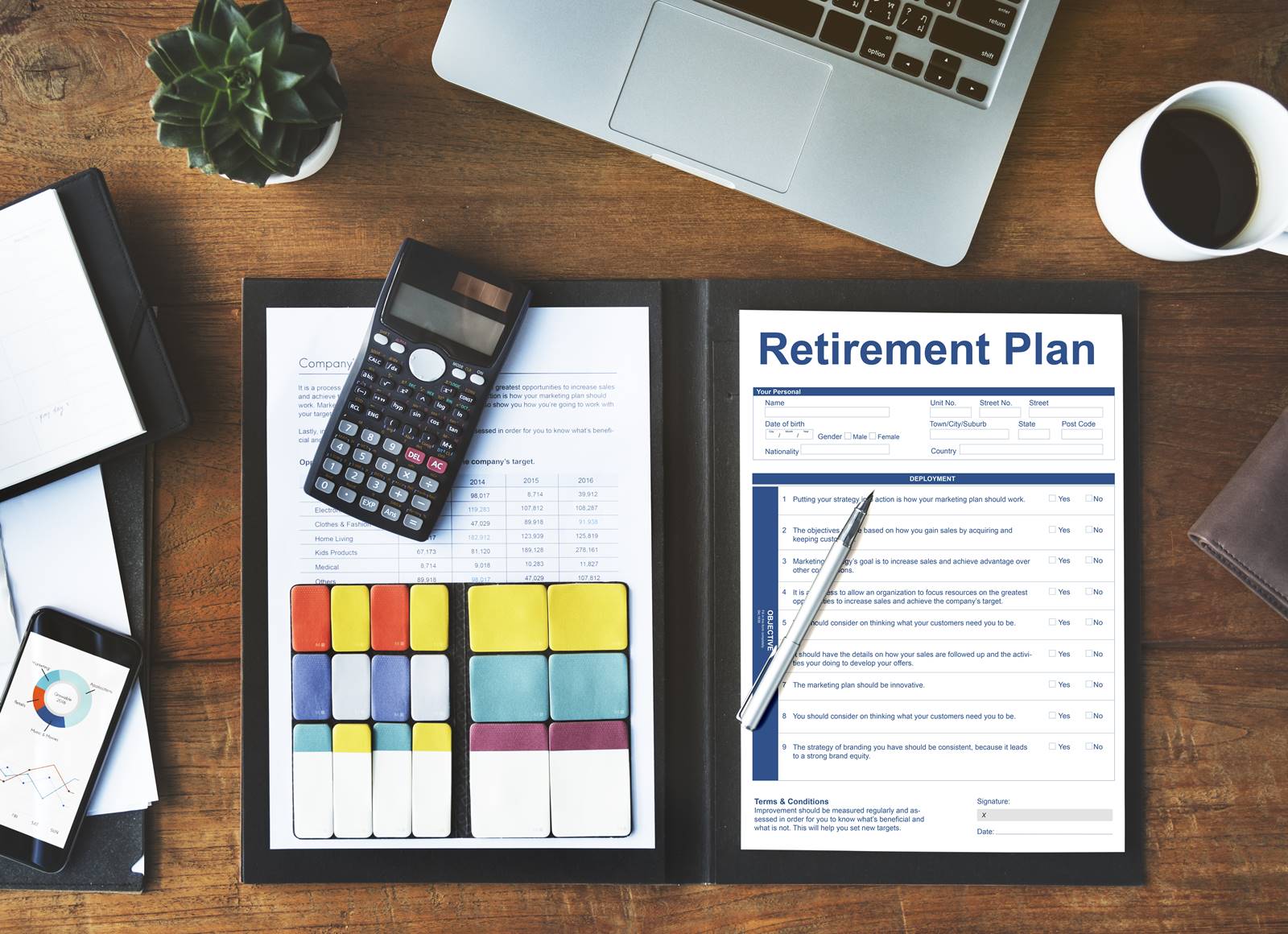The Biggest Risk In Your Retirement Planning? You!

Why You Might Stink at Investing
Experts cite a number of risks in the retirement planning process: inflation, interest rates, stock market returns, etc. But one report suggests the biggest problem could lie elsewhere.
A recent study by DALBAR, Inc. found that, over a period of 30 years, the investing public has earned an average annual return of 3.7%. By comparison, the S&P 500 has posted an average return of 11.1% per year over the same period. (Source: “Why Investing As An Individual Is So Difficult,” MarketWatch, December 11, 2019.)
Admittedly, the study isn’t perfect. Experts have questioned DALBAR’s methodology, saying it slightly exaggerates how badly ordinary investors perform.
Regardless of how you slice and dice the data, one thing is clear: the average person sucks at investing.
Which is amazing when you think about it. When most of us think about retirement planning, we stress over everything from asset allocation and investment returns to trading strategies and economic indicators. But based on the data, the biggest risk is the person standing in the mirror.
The reason comes down to psychology. Our brains appear optimized for gathering berries and hunting woolly mammoths, not measuring the covariances of different asset classes. That often leads us to make bad decisions at exactly the wrong moments.
So how can you protect yourself from, well, you? Knowing is half the battle. If you understand the common mistakes that people make, you can build systems to stop those behaviors. Here’s where most people go wrong.
Overconfidence: Most people claim to be “buy-and-hold” investors. This spirit, however, doesn’t hold up in reality. After long bull markets, people forget the pain of suffering investment losses. That leads many to overload on risky assets like equities, at least until the next inevitable correction rolls around. Only then do people realize they don’t have the stomach for volatility.
Chasing Performance: Most people always want to own what’s “working,” while they sell—and then avoid like the plague—whatever is “not working.” Unfortunately, markets have a habit of reverting to the mean. High-profit margins attract competition. Low prices reduce the supply of products and services. Recessions spark innovations needed for the next boom. By chasing “what’s working now,” people end up trading investments at just the wrong time.
Chasing Yield: Most people love investment income. This web site wouldn’t exist, otherwise. The thing is, the hunt for yield often tempts investors into some unsavory corners of the stock market. High-yield stocks often represent troubled companies with declining fundamentals and poor management teams. Investors who don’t look beyond the upfront payout can get themselves in trouble.
High Fees: Most people don’t know how much their investments cost them. And that can have devastating consequences in their retirement planning down the road. In the case of mutual funds, this can come in the form of back-end loads or management fees. In the case of individual stocks, they can come from executive compensation or stock dilution. In either case, high fees mean less money in your pocket. Compounded over decades, even small differences in costs can mean a big difference in the size of your nest egg.
Following the Crowd: Most people follow the pack, for good reason. Our ancestors lived in tribes as a matter of survival. Going along to get along wasn’t just polite; it made the difference between life and death. Unfortunately, our desire to fit in with the group can result in terrible investment decisions. People tend to crowd into the “respectable” stocks, which often results in predictably bad results. The best investors have a tendency to be the skunk at the party.
Following News Stories: Most investors love the hot and new. We dream of getting in early on the next big industry and riding the growth to outsized returns. People, however, tend to overestimate the impact of new businesses and technologies. Most innovative firms fizzle and die. But even the most successful ones rarely perform well enough to justify their early valuations. That explains why, as a group, boring old dividend payers have a long track record of beating their exciting growth-stock counterparts.











